Close to the people to take care of community health
We, along with Captain Ka Sa Ha Ly, Head of the Military Medical Station, Economic -Defense Group (KT-QP) 778 (Military Region 7), crossed winding forest roads to reach Dak A village, Bu Gia Map commune, Dong Nai province - where there are more than 600 households with more than 1,700 people, of which 72% are ethnic minorities. Life is still difficult, awareness of health care is limited, so common diseases can easily become dangerous epidemics.
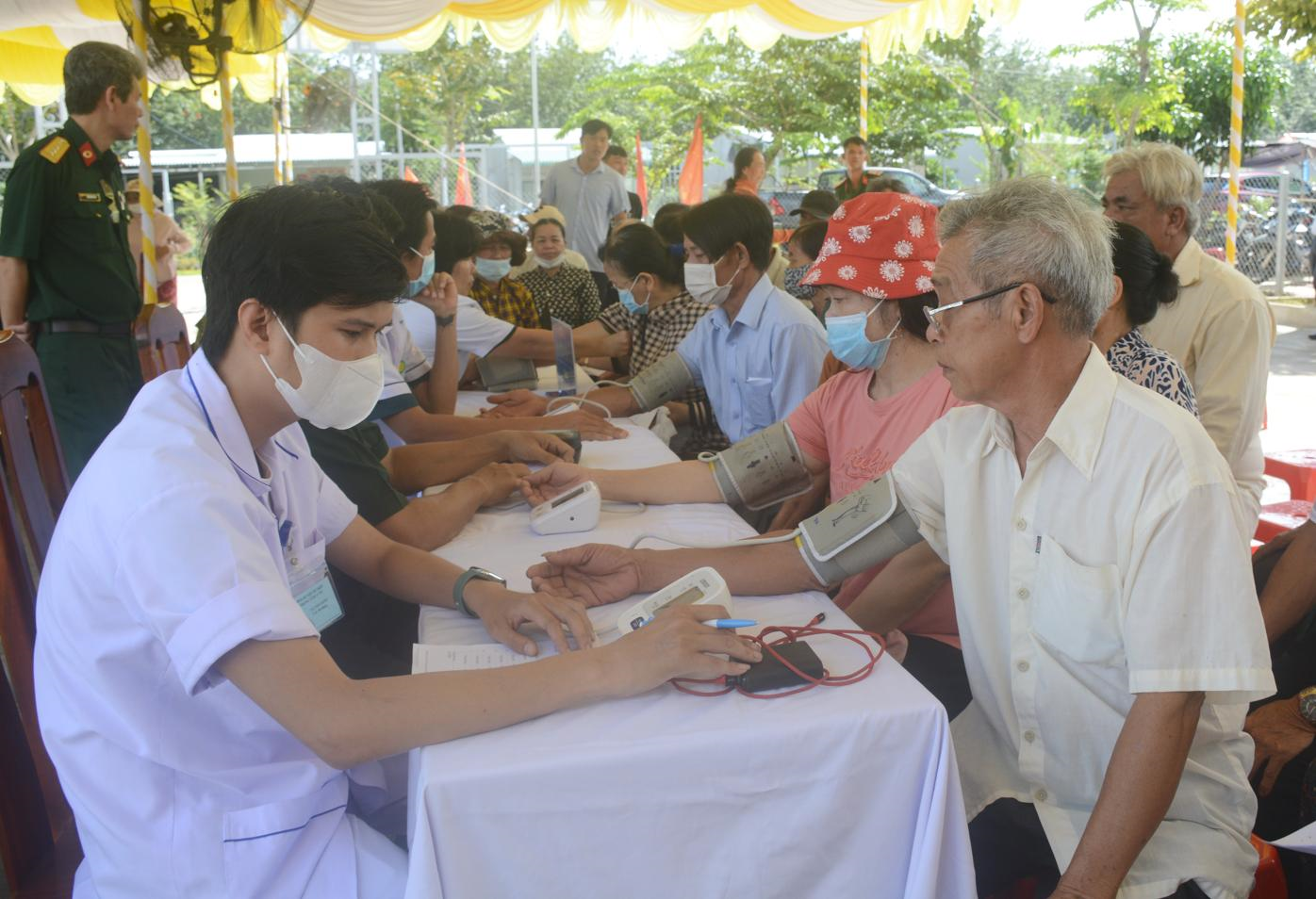 |
Medical forces of Military Region 7 examine people in the border residential area of Thien Hung commune, Dong Nai province. Photo: DUY NGUYEN |
At the mobile medical examination point, the dedicated doctors and nurses measured the heart rate, gave advice on preventing malaria and dengue fever... In the harsh sunlight of the border area, the sounds of children playing and the sincere thanks of the locals created a warm and close atmosphere. Mrs. Dieu Thi Ka Ren (64 years old, Stieng ethnic group) was moved: "Today, the soldiers came to examine me, I don't have to walk more than 7 kilometers to the commune health station anymore. The doctor examined me carefully, gave me medicine and gave me careful instructions, I feel very secure."
Captain Ka Sa Ha Ly shared: “Mobile medical examination for people has been a regular task for many years to remove geographical and language barriers in health care. From here, we grasp the thoughts and difficulties of the people to have appropriate support directions; at the same time, strengthen the people's trust in the armed forces.”
Over the past 5 years, Economic-Defense Group 778 has coordinated to examine and provide free medicine worth more than 2.4 billion VND to more than 10,000 people and policy beneficiaries. 100% of the project villages have been covered by health care.
Based on the effectiveness of the model of Group 778, the Military Region 7 Command directed its replication throughout the area. In 5 years, the Military Region built 15 combined military-civilian medical stations in remote and isolated areas; coordinated to improve the capacity of lower-level hospitals; and mobilized a large force to participate in the prevention and control of the Covid-19 epidemic. In 2021, the Military Region established 5 field hospitals, more than 600 mobile military medical teams, more than 500 vaccination teams, more than 1,000 sample collection teams, and mobilized more than 100,000 officers and soldiers to help people prevent and control the epidemic. This is a vivid demonstration of the qualities of Uncle Ho's soldiers and the steadfast trust of the people on the front line.
Up to now, the entire Military Region has examined and provided free medicine to more than 102,000 policy beneficiaries and the poor. Taking care of people's health is not only a political task but also a premise for sustainable socio-economic development, building a solid "people's heart position" at the border.
Supporting sustainable livelihoods
According to Major General Tran Vinh Ngoc, Party Secretary and Political Commissar of Military Region 7: “The Military Region has many ethnic minorities living in border and remote areas. They play an important role in protecting the Fatherland's borders, but their lives still face many difficulties. In recent times, the Military Region has implemented many projects such as: "Building residential areas adjacent to border militia posts", "Strengthening ties and helping ethnic and religious people", "Unit and locality behind supporting locality and unit in front"... creating conditions for people to feel secure in staying in their villages and on the border".
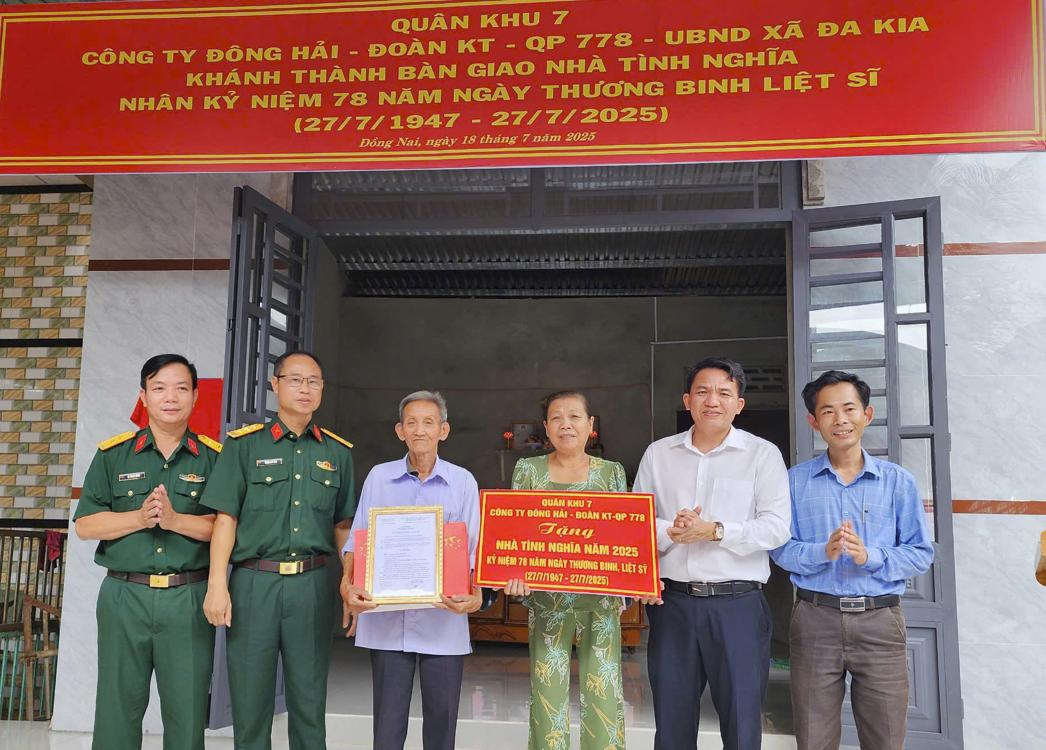 |
| Economic-Defense Group 778 coordinated to donate gratitude houses to policy beneficiaries in Da Kia commune (Dong Nai province). Photo by DO THANG |
Over the past 5 years, the Military Region has built 808 houses in 58 border residential areas, two kindergartens; donated more than 2,000 houses to policy beneficiaries and disadvantaged people; and built 150 cultural and sports facilities in border areas.
The units have also implemented many effective models such as: "Giving breeding cows", "Helping children go to school", "Cadres and party members guide the masses and subordinates"... From 2020 to now, more than 57,000 cadres and soldiers have marched in the field to help people develop production, build roads, build new rural areas, and strengthen the grassroots political system.
Colonel Hoang Van Hung, Political Commissar of Economic-Defense Group 778, said: “We implement the "Four Together" model (eating together, living together, working together, speaking the same language), helping people shift from self-sufficient production to commodity production, with techniques and output. From waiting and relying on others, people have become self-reliant.”
Meeting us, Mr. Dieu Thep (S'tieng ethnic group, Dak O commune) showed off his model of growing avocados mixed with green durians: "Since the army supported him with seedlings, fertilizers, and technical guidance, his family's more than 2 hectares of land have generated an income of nearly 100 million VND per year." Mr. Dieu Thep is one of more than 500 households supported by Economic-Defense Group 778 with 168 breeding cows, 320 goats, 1,000 fruit trees, and more than 5.6 tons of fertilizer. Thanks to that, the poverty rate in border communes of Dong Nai province will decrease to below 1% by 2024.
Major General Tran Vinh Ngoc affirmed: “The greatest reward for officers and soldiers is not certificates of merit, but the love and trust of the people for Uncle Ho's soldiers. The models of "Sticking to the people, sticking to the village" not only contribute to strengthening the people's trust in the Party Committee and the government but also brighten the image of soldiers in the new era."
HIEN NGUYEN
Source: https://www.qdnd.vn/nuoi-duong-van-hoa-bo-doi-cu-ho/tao-sinh-ke-ben-vung-giup-dan-o-vung-bien-quan-khu-7-839511







![[Photo] Cutting hills to make way for people to travel on route 14E that suffered landslides](https://vphoto.vietnam.vn/thumb/1200x675/vietnam/resource/IMAGE/2025/11/08/1762599969318_ndo_br_thiet-ke-chua-co-ten-2025-11-08t154639923-png.webp)
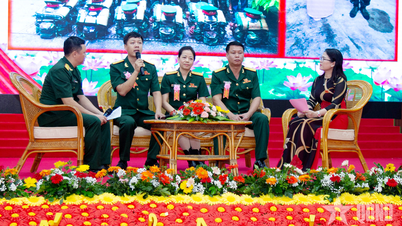



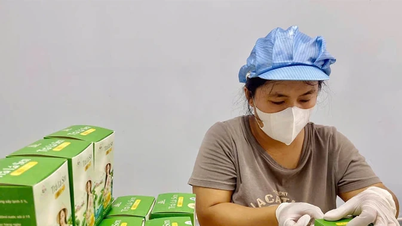

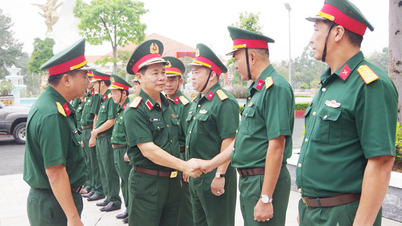
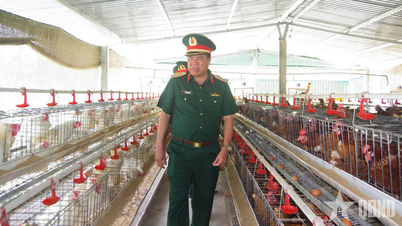
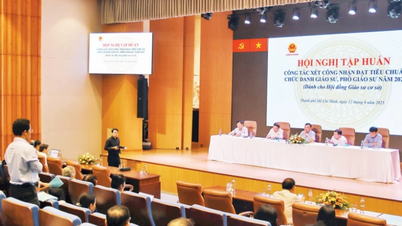



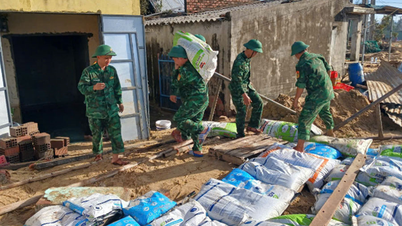










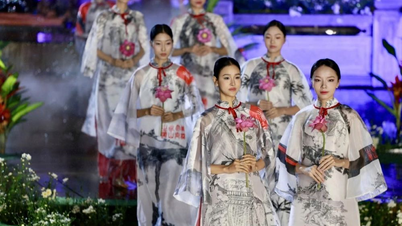
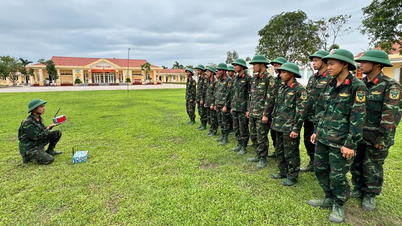
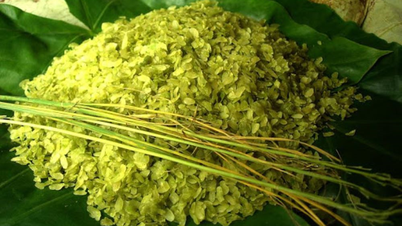
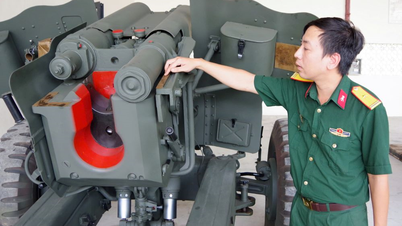
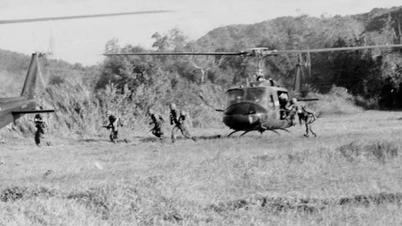
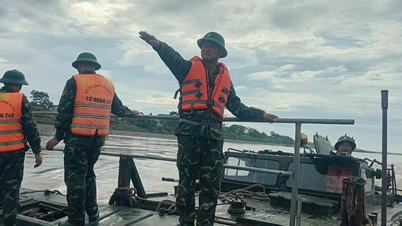








![[Video] Hue Monuments reopen to welcome visitors](https://vphoto.vietnam.vn/thumb/402x226/vietnam/resource/IMAGE/2025/11/05/1762301089171_dung01-05-43-09still013-jpg.webp)






























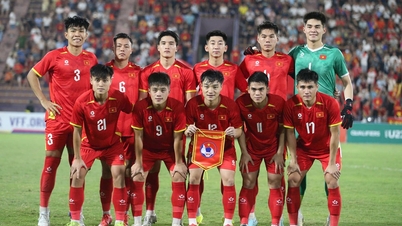

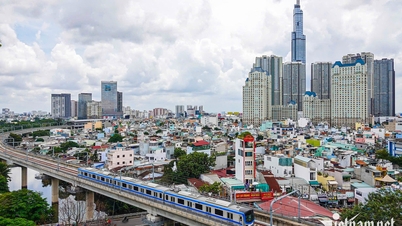














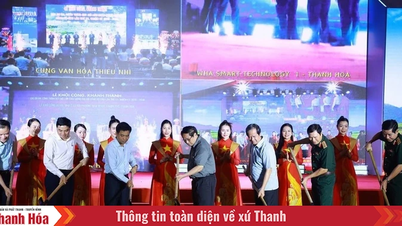

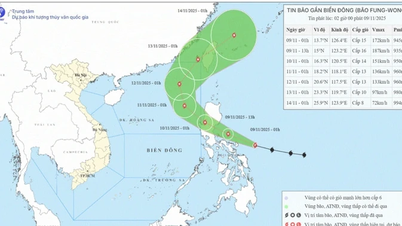
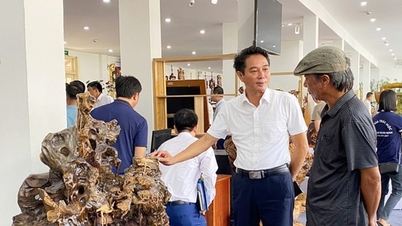











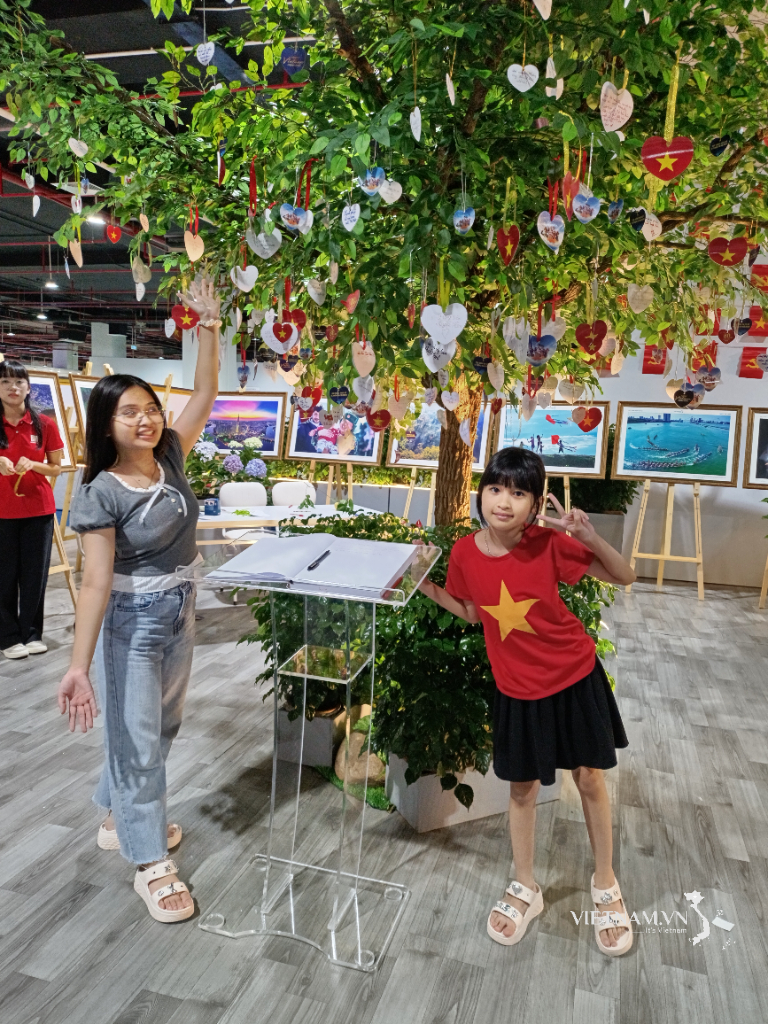


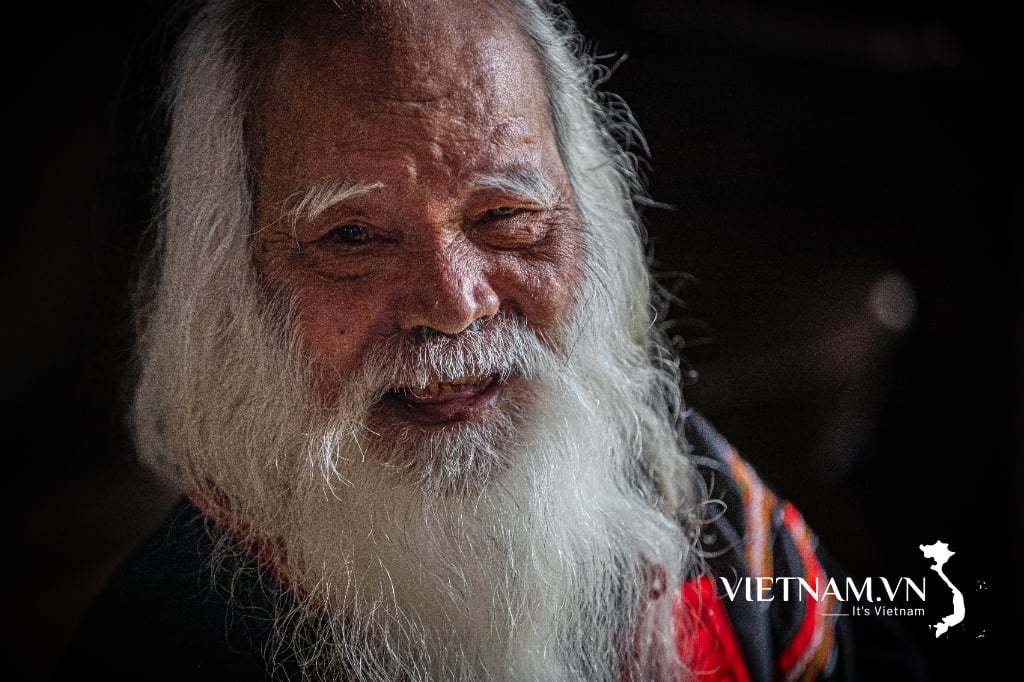
Comment (0)